SELF-REGULATION, EMOTION EXPRESSION & CLASSROOM ...
SELF-REGULATION, EMOTION EXPRESSION & CLASSROOM ...
SELF-REGULATION, EMOTION EXPRESSION & CLASSROOM ...
Create successful ePaper yourself
Turn your PDF publications into a flip-book with our unique Google optimized e-Paper software.
have also shown that, although preschool self- and-teacher-reported motivation levels<br />
were comparable for at-risk and not-at-risk children, at-risk children showed poorer selfregulatory<br />
abilities, as well as diminished academic achievement. This finding has been<br />
further bolstered by other investigations that have found that many of the necessary<br />
components of a child’s preparedness to enter school (e.g. self-regulatory ability, socialemotional<br />
competence, the absence of behavior problems, teacher support) are<br />
significantly impacted by socio-economic status (Eisenberg et al., 2001; Kupersmidt,<br />
Bryant, & Willoughby, 2000; Ladd, Birch & Buhs, 1999; Pianta, & Walsh, 1998; Webster-<br />
Stratton, Reid, & Stoolmiller, 2008).<br />
Many teachers cite children's "readiness to learn" and "teachability" as marked by<br />
enthusiasm, and ability to regulate emotions and behaviors (Buscemi et al., 1995; Rimm-<br />
Kaufman et al., 2000). It is important to point out that although there is a positive<br />
relation between poverty and negative emotional and academic outcomes, most<br />
socioeconomically at-risk children who receive adequate social support are found to<br />
develop effective regulatory and classroom functioning skills (Garner & Spears, 2000).<br />
Although the psychosocial stressors that are associated with poverty are pervasive, not<br />
all children and families are found to be affected in the same way (Blair, Granger, &<br />
Razza, 2005).<br />
More specific to the current investigation, understanding the role self-regulation<br />
plays in on-task involvement and learning behaviors among economically at-risk and<br />
not-at-risk children is absolutely necessary. Although there is a strong body of evidence<br />
23



![[Sample B: Approval/Signature Sheet] - George Mason University](https://img.yumpu.com/21978828/1/190x245/sample-b-approval-signature-sheet-george-mason-university.jpg?quality=85)

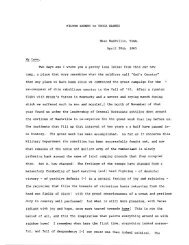
![[Sample B: Approval/Signature Sheet] - George Mason University](https://img.yumpu.com/18694905/1/190x245/sample-b-approval-signature-sheet-george-mason-university.jpg?quality=85)
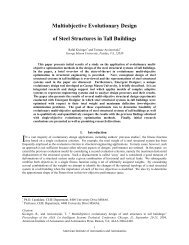
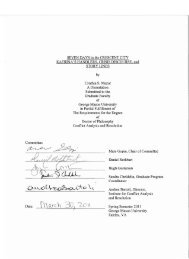
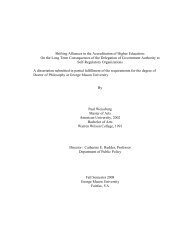
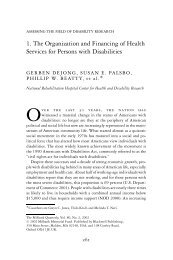
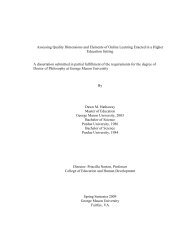
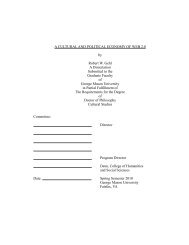
![[Sample B: Approval/Signature Sheet] - George Mason University](https://img.yumpu.com/18694552/1/189x260/sample-b-approval-signature-sheet-george-mason-university.jpg?quality=85)
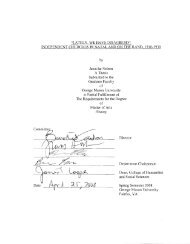
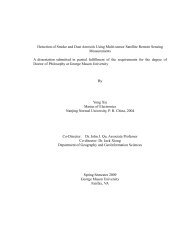
![[Sample B: Approval/Signature Sheet] - George Mason University](https://img.yumpu.com/18694474/1/190x245/sample-b-approval-signature-sheet-george-mason-university.jpg?quality=85)